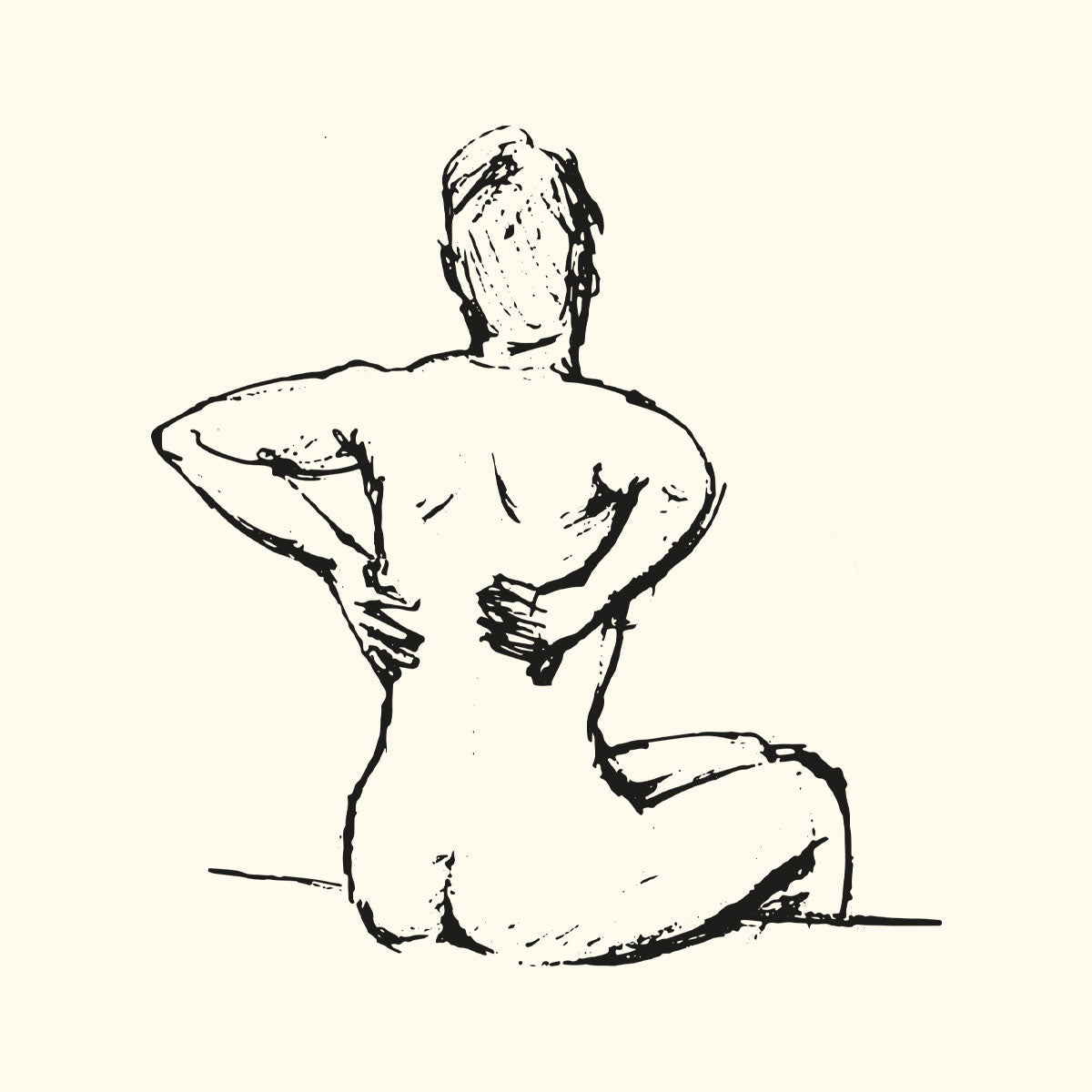We have already provided a brief overview of terpenes and what they do, and while that is hopefully enough to pique your curiosity it by no means covers the depth and breadth of how incredible these aromatic compounds are. Because of this, we’ve decided to create a series – a full-length article for each major terpene commonly found in the cannabis plant, with an aim to draw some much-deserved attention to these vital wellbeing components.
The importance of terpenes is becoming more and more apparent as studies into cannabis increase. So much so, that many growers and medical marijuana dispensaries (in countries where these are legal) have started to prescribe cannabis strains for different needs based as much on the terpene profile of the plant as the cannabinoid content.
In today’s blog, we’d like to properly introduce Beta-caryophyllene (BCP, caryophyllene, or β-caryophyllene): one of the primary terpenes (or, chemically speaking, a sesquiterpene) which is of particular interest in the CBD industry due to its recently discovered ability to bind with CB2 receptors in the endocannabinoid system (ECS) – just like the CBD molecule.
Beta-caryophyllene
Although caryophyllene (pronounced: carry-off-ill-een) is officially a terpene, it’s also known as a ‘dietary cannabinoid’ – referring to both its interaction with the ECS and its abundance in many culinary ingredients including (but not limited to) black pepper, clove, oregano, basil, cinnamon and hops. If you were to give it a sniff, you’d notice a spicy wood scent you may be very familiar with, as it’s regarded as safe to use and is approved by the United States Food and Drug Administration (FDA) and the European Food and Safety Authority (EFSA) as a food additive, taste enhancer, and flavouring agent.
As well as being common in the kitchen, most cannabis strains naturally contain a high percentage of this terpene (sometimes over 25%!), but you can also find CBD products which have been infused with additional Beta-caryophyllene and with good reason – it has a helluva lot of potent health and wellbeing benefits.
First and foremost, over 500 investigations have revealed that caryophyllene’s full agonist action of the CB2 receptors means that it plays a protective role in a wide variety of ailments tied to the nervous system such as:
- anxiety
- pain
- Alzheimer’s
- convulsions.
It’s also reported to offer a number of pharmacological actions in the body due to being:
- antioxidant
- anti-inflammatory
- anxiolytic
- anti-nociceptive
- anti-smoking
- cardioprotective
- hepatoprotective
- gastroprotective
- neuroprotective
- antimicrobial
- immune-modulatory
- anticancer
(amazing, right?)
There’s no question that this terpene possesses a plethora of therapeutic attributes and it’s potential for medicinal use is garnering some serious attention from scientists and researchers all over the world.
But, just like the length of time between the discovery of CBD and the ECS and the studies we’re only seeing emerging now, this new research has been a long time coming.
Beta-caryophyllene was actually first discovered and synthesised in 1964 by the same Dr Raphael Mechoulam who is responsible for the initial isolation and identification of both CBD and THC.
Since Beta-caryophyllene’s interaction with CB2 receptors was revealed in 2008, it has become the most studied (and therefore, best understood) terpene of the 30,000 that can be found in the plant kingdom. We’re still waiting on more human trials, but right now the results coming out of studies on non-human mammals is proving to be extremely positive.
Now that we have more knowledge on aromatic compounds as a whole, as well as advanced technology and know-how which allows us to delve deeper into their capabilities, we will no doubt begin to learn more and see Beta-caryophyllene entering into a number of therapies, one of the most exciting of which is its possible use as an enhancement for chemotherapy.
Do all CBD products contain Beta-caryophyllene?
Beta-caryophyllene is present in most hemp plants, but that doesn’t mean you’ll always get this wonderful terpene in your CBD products. Whether you do or not comes down to the extraction method used to create CBD oil.
Full and broad spectrum CBD oils will almost always contain a percentage of this terpene, but only if CO2 extraction has been used. If solvent extraction is used instead (a quicker, cheaper and potentially harmful method) the fragile terpenes are likely to be wiped out in the process.
If a CBD product is labelled as isolate, this contains no terpenes at all unless it is terpene infused after extraction.
Here at KLORIS, we understand the vital importance of every part of the hemp plant working together in synergy, so we always use a CO2 supercritical extraction method. It’s more expensive and time consuming, but (as is hopefully clear to see from this blog) well, well worth it.






